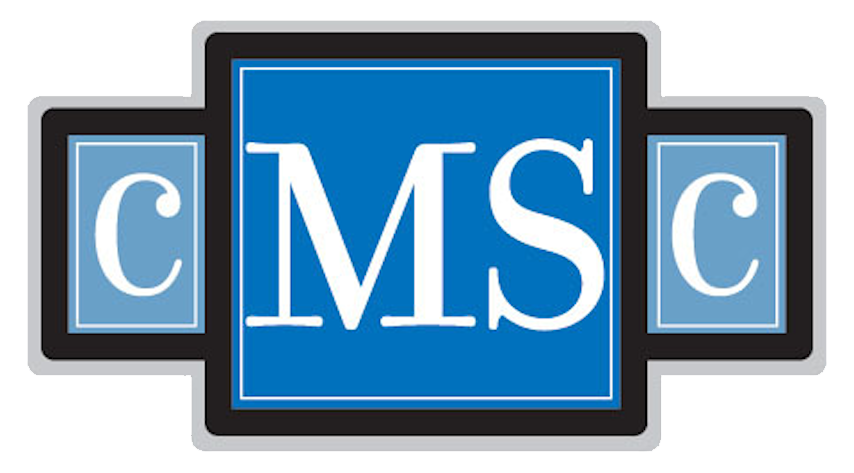RELEASED:
January 30, 2020
EXPIRES:
January 30, 2021
PROGRAM DESCRIPTION
Multiple sclerosis (MS) is a chronic inflammatory and neurodegenerative disease of the central nervous system that can lead to varying degrees of disability and impaired quality of life. The potential negative impact of the disease can be minimized through early recognition of symptoms, appropriate diagnosis, and treatment with effective disease-modifying therapy. Collaboration among healthcare professionals is a critical component of MS care. Primary care professionals are on the front line to recognize signs and symptoms of MS and to take appropriate actions to facilitate prompt diagnosis and treatment. They are also in a position to help recognize and manage relapses, promote adherence, and coordinate care with specialists. This CE activity reviews the diagnosis and treatment of MS, with an emphasis on best practices for coordinating care and working collaboratively with specialists to meet the needs of patients living with MS.
FACULTY
Sylvia Klineova, MD, MS
Assistant Professor of Neurology
Corinne Goldsmith Dickinson Center for Multiple Sclerosis
Icahn School of Medicine at Mount Sinai
New York, New York
COMMERCIAL SUPPORTER
This activity is supported by educational grants from EMD Serono and Mallinckrodt Pharmaceuticals
